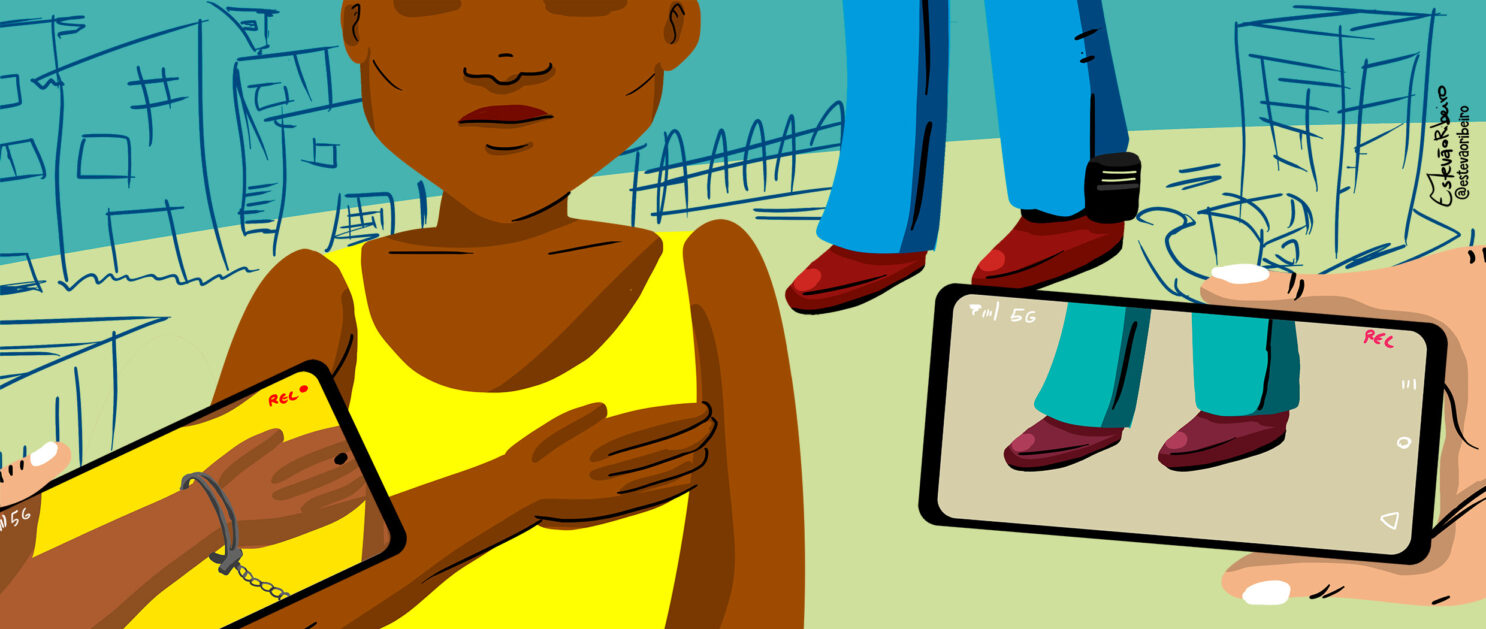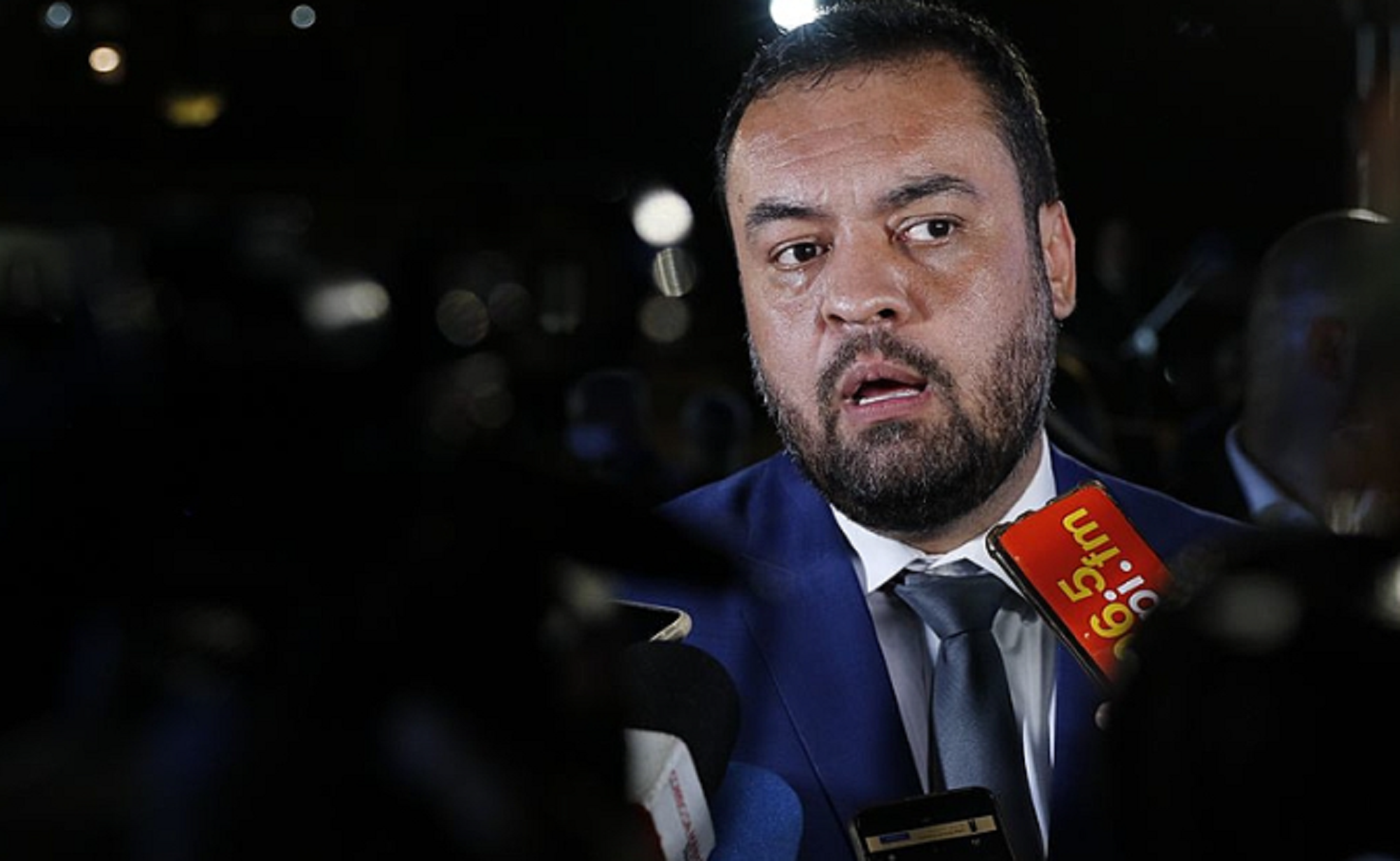
Last year on June 22, veteran CNN Brasil commentator Boris Casoy gave his analysis of the pre-trial detention of Milton Ribeiro in Santos, São Paulo. Former education minister for then-president Jair Bolsonaro, Ribeiro was accused of having committed at least four crimes: influence peddling, malfeasance, active corruption, and passive corruption. CNN Brasil‘s Casoy commented on the proceedings saying: “The police are sometimes very reckless. It seems to me they want to resolve cases quickly. This is very dangerous. We don’t know the facts surrounding this arrest. It’s necessary to proceed with much caution, as we may be seeing a lynching.”
Before Casoy made this comment, his co-anchor Rafael Colombo had exercised even more caution saying that “everything leads us to think the facts are consistent, but we must always emphasize the presumption of innocence. We all have the right [to be presumed innocent until proven guilty].”
Almost a month later, this zeal to emphasize the presumption of innocence—which was reserved for Bolsonaro’s minister—was nowhere to be seen in the CNN Brasil report on yet another Military Police operation in the favelas of Complexo do Alemão in Rio de Janeiro’s North Zone. 18 favela residents were executed during the operation, making it the fourth most lethal police massacre in the history of Rio de Janeiro. Instead of a court ruling based on evidence and lawful sentencing, as in the case of Milton Ribeiro, Black and poor favela residents were executed extrajudicially, in an instant, without regard for their right to presumption of innocence, right to defend themselves, right to an attorney, or to a just legal proceeding. In the favela, people sometimes don’t even have a right to be arrested: they’re executed. It’s common to hear mothers sobbing for their children who are victims of the State: “Why have they killed my child?” They want to understand, and they ask “[If they thought he was guilty] why didn’t they arrest him?” In favelas, people are still fighting for the right to be democratically detained and tried when suspected of a crime.
In just one year under the administration of Governor Cláudio Castro, Rio de Janeiro has seen 39 massacres with 178 left dead by police. This information comes from a study carried out by the Fogo Cruzado Institute, which collects data on armed violence in conjunction with the Study Group on the New Illegalities at the Fluminense Federal University (GENI-UFF).

However, when we look at the media narrative—which relativizes the police powers to arrest as much as their powers to use lethal force—the differences between how subjects of different races, classes, and territories are treated is shocking. While the former minister is cited with a first name, last name, political trajectory, and the “right to rights,” the people who suffer most from symbolic, discursive, and lethal police violence—Black favela residents—repeatedly find themselves arrested or sentenced in the absence of evidence or even legitimate criminal charges.
When police massacres in the favelas are investigated, the same phrases and language appear in official inquiries and proceedings, as well as in the media, with moralizing and stigmatizing expressions ingrained through centuries of structural racism about who “deserves” to live or die.
Creating polarization and oppositions which perpetuate social differences is a mechanism of Portuguese-Brazilian colonialism still in active force today. When speaking about the victims of armed conflict and police brutality, anonymizing generalizations such as “worker,” “criminal,” “innocent,” “suspect,” and “vagrant” are used repeatedly. These words evoke an implicit sense of guilt and innocence, regardless of the right to legal process, fair trial, human rights, or even the law itself. In these cases, the “extrajudicial courts” reign supreme, their decisions final, offering no chance of recourse. They operate in the alleyways and side streets, in the streets themselves, exercising the social and discretionary power the police have been granted.
“The mainstream media and the police are judge, prosecutor, and executioner all at the same time.”
In contrast with the moral arguments made in support of a State minister accused of crimes against public property, the mainstream media withholds the benefit of the doubt when it comes to favelas. It ignores the presumption of innocence, finding guilt without evidence, repeatedly condemning citizens who were “in the wrong place at the wrong time.” As Boris Casoy said in the case of the minister, the police can be “reckless and be hasty to solve cases.” In the case of favelas, this haste translates into the Jacarezinho massacre. Meanwhile in the case of Minister of Education under Bolsonaro, Milton Ribeiro, this haste merely leads to a 24 hour detention in a specially prepared room at the Federal Police headquarters in São Paulo.
If we analyze Brazil’s history, the country created its political, judiciary and law enforcement institutions to subdue and subjugate the Black enslaved population and their descendants, criminalizing any aspect it can which relates to their origins, beliefs, and ways of life. The most explicit evidence of this is described in detail in Thomas Holloway’s Policing in Rio de Janeiro: Repression and Resistance in a 19th-Century City. Holloway outlines how capoeira was one of the police’s favorite targets following the abolition of slavery. The dance-fight was classified in the category of “public order offenses”—an undesirable practice which then became a crime. Police work has had a moralizing character since its inception, as it sought to regulate the public and private habits of Black people and their territories. As well as invoking crimes against the public order, there were other legal tools allowing the police to regulate and punish “morally questionable” behaviors that supposedly represented a threat to the moral health of society.
Based on this, a large grouping of moral categories were created to classify “the uncivilized,” deciding who can live and who can die, separating who deserves empathy, pity, or hate. Social categories—like capoeira, vagrant, beggar, thief, tramp, criminal, dealer, suspect, good citizen, worker, family man, and resident—come to denote judgment sentences, determining the fate of millions of Brazilian citizens.
Moral Categories with Very Real Consequences
The hate towards the “Black favela bandit” and as a consequence, the poor, is more than just a product of systematic stereotyping. It’s structural. It shapes and is a part of our historically constructed ways of thinking. Using the same rhetoric of enslavers and scientific racists of past centuries, former Governor Sérgio Cabral defended the legalization of abortion as a way of containing violence in the state, describing mothers in favelas as “factories for criminals.” Cabral, however, became a notorious criminal, spending six years in prison from November 2016 to December 2022. Even with sentences totaling hundreds of years from multiple Operation Car Wash corruption convictions, he wasn’t portrayed as a criminal factory; he didn’t have his children, his family, his neighbors, and neighborhood criminalized by the media and apparatus of State repression.
Like Milton Ribeiro, Cabral is protected by his white privilege and class. Cabral is not prey to criminal subjection, a term coined by sociologist Michel Misse. He is represented and treated as the arrested former governor, the imprisoned politician, or even a political prisoner, but not as a dangerous criminal. He has spent extended periods detained in Military Police and fire department precincts instead of standard prisons, demonstrably receiving preferential treatment. He was even granted media access and the right to repent, an opportunity which is unthinkable when we consider the treatment of Black favela residents, especially those arrested for drug trafficking.

According to common consensus, the “vagrant” that puts society at risk is generally the Black favela resident. The criminal in a suit and tie is still a suspect until they have been prosecuted and judged. Once convicted, they can count on custodial hearings, three judicial bodies, appeals, the right to habeas corpus, to home arrest, to use an electronic ankle monitor, to pay bail, or even the right to release for being a mother. This occurred in the case of Cabral’s wife, Adriana Anselmo. Despite being sentenced to 18 years and three months imprisonment for money laundering and being the beneficiary of the network of corruption orchestrated by her husband, she had her release approved on account of having children under 12 years old. Supreme Court Justice Gilmar Mendes made the ruling based on the fact of her motherhood, so there wouldn’t be “excessive punishment” for the mother or the child.
Meanwhile, millions of other mothers remain behind bars and thousands of mothers give birth in prisons every year in Brazil. While, according to Gilmar Mendes, Anselmo and her children are victims of the punishment the State handed down for the crime she was proven to have committed, millions of others do not have the right to defense nor to a fair trial.
Based on recent emblematic cases of official and media narratives, we can state that the social categories which moralize and justify the elimination of the other are just as responsible for massacres and Brazil’s Black genocide as police bullets. The police, members of the Judiciary and the Public Prosecutor’s Office act according to what is socially legitimate and, therefore, are moralizing agents, steeped in the morality of public opinion. If the media and society legitimize extrajudicial murders and assassinations as a way of handing out justice, this is what the police will deliver. Changing the discourse about where and to whom these categories apply could have a positive impact in the middle and long term, reducing the levels of police lethality in favelas and peripheral neighborhoods. A new journalistic pedagogy is needed.
About the artist: Estevão Ribeiro is a writer, illustrator and screenwriter. He is the author of the anti-racist comic strip Rê Tinta, published on Instagram @renatatinta.
